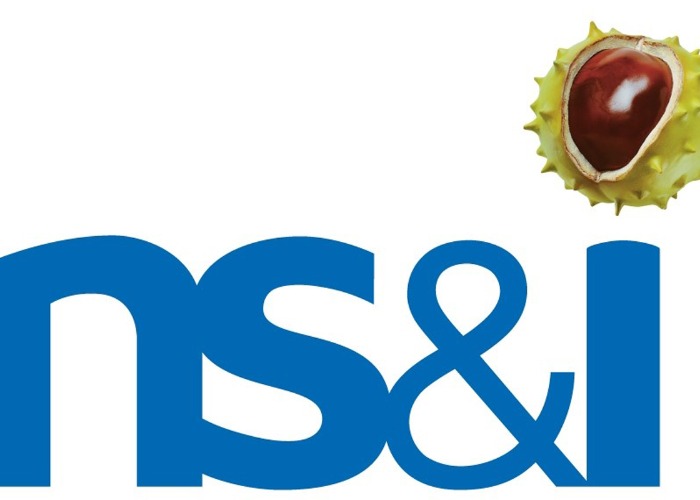National Savings & Investments: how NS&I works, why rates are lower and more questions answered

National Savings & Investments (NS&I) provides some of the nation’s most popular savings products from Premium Bonds to the Over-65s Guaranteed Growth Bond. But, what exactly is NS&I and why is it Government-backed?
National Savings & Investments (NS&I) is a savings organisation. It isn’t a bank or buildings society because it is actually a Government department.
The modern NS&I started out as the Post Office Savings Bank back in 1861 when it was set up by the Government under Prime Minister Palmerston.
The idea was to encourage ordinary people to save some of their wages so that they would be able to cope if they couldn’t work at any point.
The savings scheme was popular and – as with any bank or building society – the money wasn’t simply locked in a vault. Instead, it was used as a fund that the then Chancellor, William Gladstone, could borrow from for public spending.
Make sure your savings earn the best possible rate
Now known as NS&I not a lot has changed to the basic idea over the past 157 years. It isn’t a bank, rather it is an “Executive Agency of the Chancellor of the Exchequer”.
Today, just as in 1861, you can choose to save your money with NS&I, and in doing so you are effectively lending your savings to the Government.
Your money is then used for public borrowing to help run the country and, in return, you either get an interest rate or the chance to win prizes in the case of Premium Bonds.
Why aren’t the rates better?
NS&I has to tread a fine line between providing attractive accounts that bring in money that the Government can borrow and not dominating the banking market.
The Government sets a “net financing target” for NS&I every year. If it is a long way from hitting the target it will increase interest rates to attract more deposits, if it is close to the target interest rates are cut.
We saw exactly that happen recently, when it cut the rates on its three-year bonds.
Find the best savings rates with LoveMONEY
Why is my money 100% guaranteed?
NS&I is backed by HM Treasury. So, unlike other banks and building societies, your money is 100% guaranteed. You will always get back what you put in.
In contrast, most UK banks and building societies are part of the Financial Services Compensation Scheme (FSCS). So, if the bank was to go bust you’d get your money back from the FSCS.
But, there is a cap on this guarantee of £85,000 per banking institution.
What savings options are there?
NS&I offers a range of traditional savings accounts including easy-access and fixed-rate bonds as well as tax-free options such as Premium Bonds, ISAs, and Index-linked savings certificates.
Common Premium Bond myths busted
|
Product |
Rate |
Tax |
Min. Investment |
Max. Investment |
|
Premium Bonds |
1.4% Prize Fund Rate |
Tax-free prizes |
£100 |
£50,000 |
|
Investment Guaranteed Growth Bonds |
2.2%AER for three years |
Taxable |
£100 |
£3,000 |
|
Guaranteed Income Bonds |
1.46%AER for one year or 1.92%AER for three years |
Taxable |
£500 |
£1m |
|
Guaranteed Growth Bonds |
1.5%AER for one year or 1.95% for three years |
Taxable |
£500 |
£1m |
|
Junior ISA |
2.5%AER |
Tax-free |
£1 |
£4,128 in the 17/18 tax year |
|
Direct Saver |
0.95%AER |
Taxable |
£1 |
£2m |
|
Direct ISA |
1%AER |
Tax-free |
£1 |
£20,000 in the 17/18 tax year |
|
Income Bonds |
1%AER |
Taxable |
£500 |
£1m |
|
Investment Account |
0.7%AER |
Taxable |
£20 |
£1m |
Comments
Be the first to comment
Do you want to comment on this article? You need to be signed in for this feature